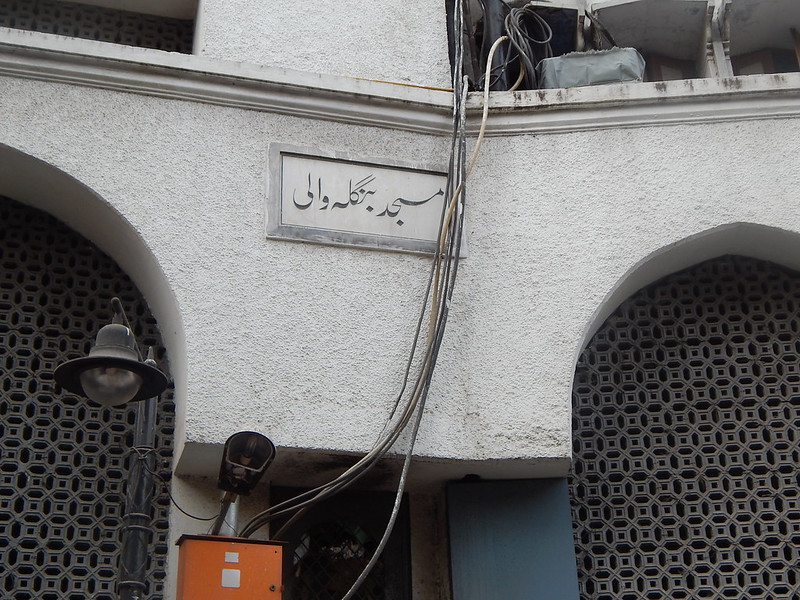The Centre on Tuesday submitted to the Delhi High Court that the Nizamuddin Markaz mosque in Delhi could not be opened for prayers during Ramadan, on account of the latest COVID-19 guidelines issued by the Delhi Disaster Management Authority (DDMA).
The court was hearing a plea by the Delhi Waqf Board seeking permission for people to pray at the mosque, which has been locked since March 31 last year, when it was vacated following a congregation by the Tablighi Jamaat in the initial days of the pandemic.
The Centre’s reply came a day after the Delhi High Court on Monday said that the mosque could be opened for prayers, subject to the latest COVID guidelines. The Centre had earlier submitted that only 20 worshippers could be permitted inside the premises at a time, out of a list of 200 verified by the police. The court rejected the Centre’s submission saying that the number of worshippers cannot be fixed at the mosque when no other religious place had such restrictions.
Appearing for the Centre Solicitor General Tushar Mehta informed a Single Judge Bench of Justice Mukta Gupta that in terms of the April 10 order issued by the DDMA, all social/ political/ sports/ entertainment/ academic/ cultural/ religious/ festival related and other gatherings and congregations are prohibited.
Rules Only Applicable For Muslims
Senior Advocate Ramesh Gupta, who was appearing on behalf of the Waqf Board pointed out whether the rules were only applicable for Muslims since several religious activities, including the Kumbh Mela in Haridwar, were still going on.
Nearly three million people have gathered in Haridwar for the Maha Kumbh Mela, even though India is currently witnessing its most severe COVID-19 outbreak since the pandemic began last year.
Ever since Delhi’s Markaz Nizamuddin emerged as a coronavirus containment zone news channels have maliciously termed the coronavirus pandemic as ‘Corona Jihad’, ‘Terrorist Virus’, insinuating a Muslim-led conspiracy behind its spread leading to attack against the community across the country.
In a landmark judgement, and in a scathing rebuke of media, government and the police, the Bombay High in August last year quashed the FIRs filed against a total of 29 foreign Tablighi nationals and six Indians and slammed propaganda against them, calling it as ‘persecution’.
Related











































